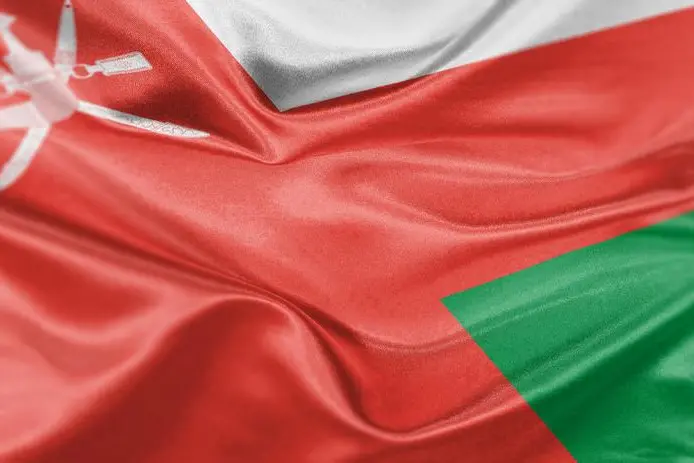PHOTO
DUBAI- Oman is planning its first international bond sale of the year and has started discussions with some Gulf countries for financial support, documents showed on Monday, as it seeks to shore up its fragile finances.
With a growing pile of debt and a sluggish pace of reforms, the small oil producer is seeking to plug its yawning deficit as revenues have suffered the double blow of weak oil prices and the coronavirus pandemic.
The planned bond sale will comprise three tranches with maturities of three, seven and 12 years. It will be of benchmark size, which generally means $500 million at least per tranche. Two sources had previously told Reuters Oman would likely target between $3 billion and $4 billion.
Oman, whose debt is rated "junk" by the major ratings agencies, has begun talks with some Gulf countries for financial support, according to a bond prospectus dated October 19.
"Whilst discussions in relation to financial support have commenced with certain other Gulf countries, such discussions are only in preliminary stages," according to the prospectus, seen by Reuters.
The Omani government did not immediately respond to a request for comment.
The government is also in discussions with multilateral agencies and has finalised a 45 million Kuwaiti dinar ($147.24 million) facility with the Islamic Development Bank, the prospectus said.
"A fiscal support package and medium-term reform programme will be essential for reducing Oman's fiscal sustainability concerns," said Monica Malik, chief economist at ADCB. "Any financial support would likely be linked to a medium-term fiscal reform programme."
Oman's economy could contract by 10% this year, the International Monetary Fund said last week.
TAX PLANS
Oman plans to introduce income tax on high earners, the prospectus said, as part of measures to diversify revenue away from oil under a medium-term fiscal plan. Last week, Sultan Haitham - who took over as Oman's ruler in January - issued a decree to implement a 5% value-added tax in April 2021.
Plans to transform the oil-driven economy dragged under the late Sultan Qaboos, who ruled for half a century. The new sultan has moved to overhaul the state and made moves towards reform, such as the VAT decision, though the crisis could hamper reform momentum.
Oman's deficit is budgeted to increase to 14.1% of gross domestic product in 2020 due to lower oil prices, with its debt-to-GDP ratio expected to increase to 79% by the end of the year, according to the prospectus.
The 2020 budget assumes an oil breakeven price of $82 per barrel. Total government debt was 69% of GDP as of end-July.
Rated BB- by Fitch and S&P, three notches below "investment grade", Oman was downgraded twice by both agencies this year, with S&P's latest downgrade last week.
"The emergence of COVID-19 poses a new risk to the fiscal position of Oman and has already led to significant volatility in financial markets, lower oil prices, reduced global liquidity and the expectation of lower economic growth both regionally and globally, which will, in turn, affect Oman, for the most part negatively," the prospectus said.
Oman hired Bank Muscat, Citi, First Abu Dhabi Bank, HSBC, Natixis, Societe Generale and Standard Chartered to arrange investor calls ahead of the planned debt issuance, a document from one of the banks arranging the deal showed.
First Abu Dhabi Bank and Bank Muscat coordinated a $2 billion bridge loan for Oman, sources have said, which part of the bonds' proceeds will repay. ($1 = 0.3056 Kuwaiti dinars)
(Reporting by Yousef Saba, Saeed Azhar and Davide Barbuscia; Additional reporting by Aziz El Yaakoubi; Editing by Alison Williams, Bernadette Baum and Alex Richardson) ((Yousef.Saba@thomsonreuters.com; +971562166204))





















